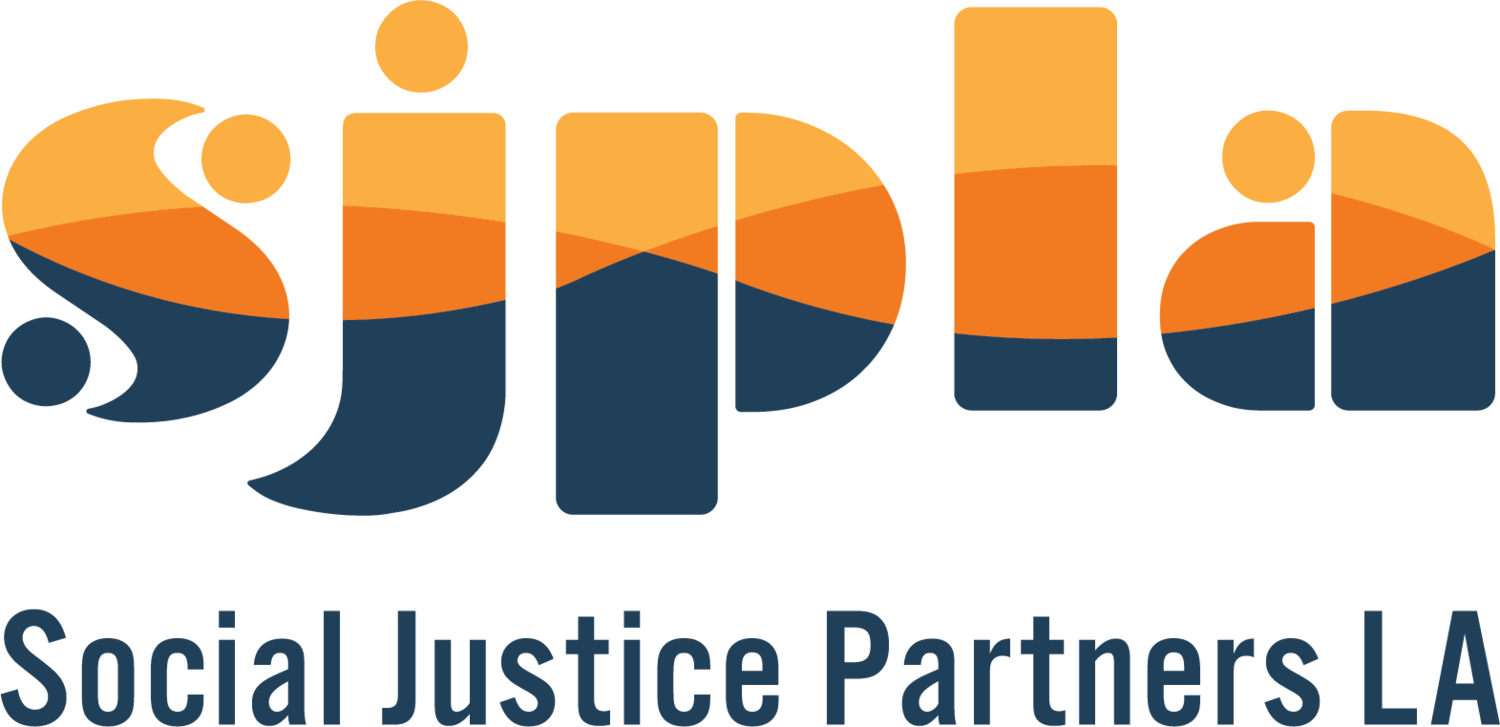Investing in the Care and Retention of Workers in the Homeless Response Sector
We launched SJPLA’s Racial Equity in Homelessness Initiative to shift the culture and workforce of the homeless response sector to center racial and social justice. Thanks to the generous support of Cedars-Sinai, we’re pleased to announce that we’re committing $3M over the next two years to the health and wellbeing of the workers fueling the homeless response sector.
We’re taking action immediately with $1M in direct funds to workers who have provided essential services to our unhoused neighbors during COVID-19 through the Supporting Frontline Workers Fund. Non-profit organizations across L.A. County that deliver direct services to people experiencing homelessness can apply to provide cash stipends to their frontline workers. These funds prioritize frontline workers who provided daily, direct, and in-person services during the earliest days of the COVID-19 pandemic. The people working on the front lines of the homeless response sector are disproportionately Black and Latinx and are typically the lowest-paid workers in the sector whose lives have been at the greatest risk.
We welcome and encourage applications from small, BIPOC-led organizations and those led by individuals with lived experience.
Continued care for the sector
In addition to the initial $1M distribution, these funds will go towards:
an additional $1 million in financial support to frontline workers in year two to continue the Supporting Frontline Workers Fund.
spreading healing justice and wellbeing practices throughout the sector to sustain the physical, mental, and emotional health of workers.
a living wage analysis to support funders and providers in assessing the gap in funding needed to provide a living wage to all workers in the sector.
Healing Justice
The mental, physical, and emotional toll of this work, felt most acutely by BIPOC workers, is rarely addressed. We’re especially mindful of the need for this work amid a global pandemic. Providing healing practices and tools to care for this workforce helps retain expert employees and renew their ability to care for their clients.
The project has already begun its investment in the health and wellbeing of frontline workers through monthly wellbeing and healing justice sessions that introduce a variety of healing modalities to workers in the sector. We’ve been honored to host and learn from visionary wellbeing and justice leaders, including Tracee Stanley, Prentis Hemphill, and adrienne maree brown.
We also plan to spread healing practices throughout the sector by training leaders to integrate them into work with their teams, organizations, and broader communities.
Equity-Centered Workplaces
We can approach this moment of crisis - where the entire global workforce is disrupted - to rethink and redesign the context in which this work is done.
We will publish a living wage report on the necessary sector-wide change that will fundamentally shift our ideas of labor, compensation, and workplace wellbeing. The report will examine the current wage practices and pay inequities in the field, along with the funding models that exacerbate these inequities. We will share best practices on compensation models and workplaces practices needed to better support workers in the sector.

